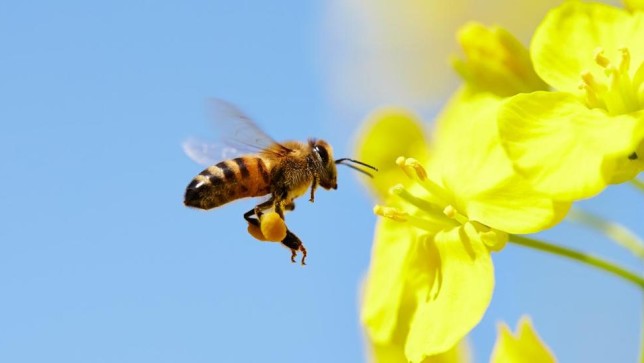The Court of Justice of the European Union ruled last week that the European Commission was right to ban the use of three bee-killing neonicotinoid pesticides – imidacloprid, clothianidin and thiamethoxam. The court rejected Bayer’s final attempt to overturn the ban and undermine the EU’s ‘precautionary principle’ for the protection of the environment and human health, said Greenpeace.

The Court confirmed the ruling of the EU General Court of 17 May 2018, once again highlighting the importance of the precautionary principle. Greenpeace presented arguments to the court in defence of the ban, along with Pesticides Action Network Europe, Beelife and Buglife.
Greenpeace EU legal strategist Andrea Carta said: “The Court of Justice has reaffirmed that protecting nature and people’s health takes precedence over the narrow economic interests of powerful multinationals and that the precautionary principle is a cornerstone of EU law. This means the EU has a responsibility and the power to ensure the safety of all pesticides, chemicals, GM crops and other dangerous products and substances.”
However, this landmark decision does not mean an end to threats to bees and other pollinators in the EU. Several governments have circumvented the 2013 neonicotinoid ban by repeatedly granting temporary exemptions that allow the use of these banned pesticides. Research also indicates that several other pesticides currently used in the EU are a threat to bees and other pollinating insects, including four more neonicotinoids not covered by the 2013 ban.
Governments have also failed to reach an agreement on new testing guidelines for pesticides, in order to ensure that they do not harm bees, as required by EU laws on pesticides.
Andrea Carta added: “EU courts have again ruled that bees and other essential insects should be protected from dangerous pesticides, but governments continue to dish out exemptions and hold up attempts to put in place effective safety testing. This ruling shows they must adopt rigorous testing rules without further delay.
The Court also ruled that Bayer should pay legal costs incurred by environmental groups and the European Commission.



















